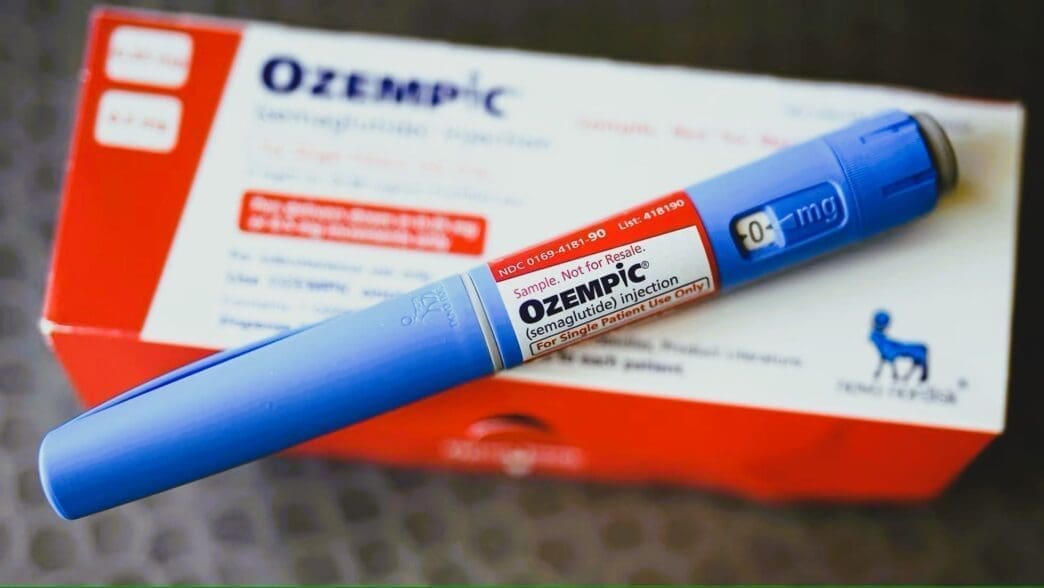Weight loss medications like Ozempic and Wegovy have been in the limelight for their effectiveness in helping people shed pounds by controlling cravings for food. But here’s something that might surprise you. A new study suggests these drugs might also play a role in curbing alcohol cravings. This adds a whole new dimension to their potential benefits.
The study was conducted with a group of individuals dealing with alcohol use disorder, highlighting an interesting connection between these medications and reduced alcohol intake. This discovery could open doors to new treatment avenues. However, it also raises questions about their overall safety and effectiveness for such purposes. Let’s delve deeper into what this study unveils about the potential dual benefit of these drugs.
The Intriguing Study Findings
The research involved 48 adults diagnosed with alcohol use disorder who weren’t actively seeking treatment. Participants were randomly assigned to receive either weekly, low-dose Ozempic injections or a placebo over nine weeks. Throughout this period, researchers closely tracked their weekly drinking patterns. The results were rather unexpected.
Impact on Alcohol Cravings
Participants receiving semaglutide injections reported a meaningful reduction in their weekly alcohol cravings. Not only did their desire to drink decrease, but the number of drinks they consumed on drinking days also saw a dip. This suggests a promising link between the drug and its potential to assist in controlling alcohol use.
Interestingly, the semaglutide group saw a decrease in heavy drinking days (defined as four or more drinks for women and five or more for men). Almost 40% reported no heavy drinking days in the final month of treatment. Such figures highlight the drug’s capability to influence drinking habits.
Potential Beyond Weight Loss
He suggests that higher doses might amplify these effects, offering more significant assistance to those struggling with alcohol addiction. Clearly, these drugs are showing potential far beyond just helping with weight loss.
Expert Opinions on the Study
Carolina Haass-Koffler, a pharmacologist from Brown University, emphasizes the dual potential of these medications. She notes their possible impact not just on alcohol use but also on the accompanying health risks like heart issues and diabetes.
Proceeding with Caution
Christopher Kahler from Brown University highlights the importance of understanding that while the study showed a reduction in alcohol consumption, it wasn’t testing semaglutide as a standalone treatment for alcohol use disorder.
Safety and Use Considerations
Moreover, a tailored approach focusing on individual patient needs is essential. There’s a heightened risk of pancreatitis, a known adverse effect of semaglutide, in individuals with alcohol use disorder.
Exploring Alternatives
Kahler believes in semaglutide’s potential as a useful treatment option in the future. He offers practical tips for those looking to manage their drinking habits independently. Implementing small barriers, tracking progress, and relying on support systems can make a difference.
Final Thoughts
While the future looks promising, it’s crucial to proceed carefully in leveraging these drugs for alcohol use disorder until more concrete evidence is available.
Current Perspective
This study is part of a growing body of research pointing to the broader applications of weight loss drugs. Understanding the full potential of drugs like Ozempic and Wegovy is a journey we’re just beginning.
While weight loss medications show promise in addressing alcohol cravings, a cautious approach is essential. More extensive research is needed to unravel their full potential. As it stands, Ozempic and Wegovy are exciting but not yet definitive answers to curbing drinking habits.







